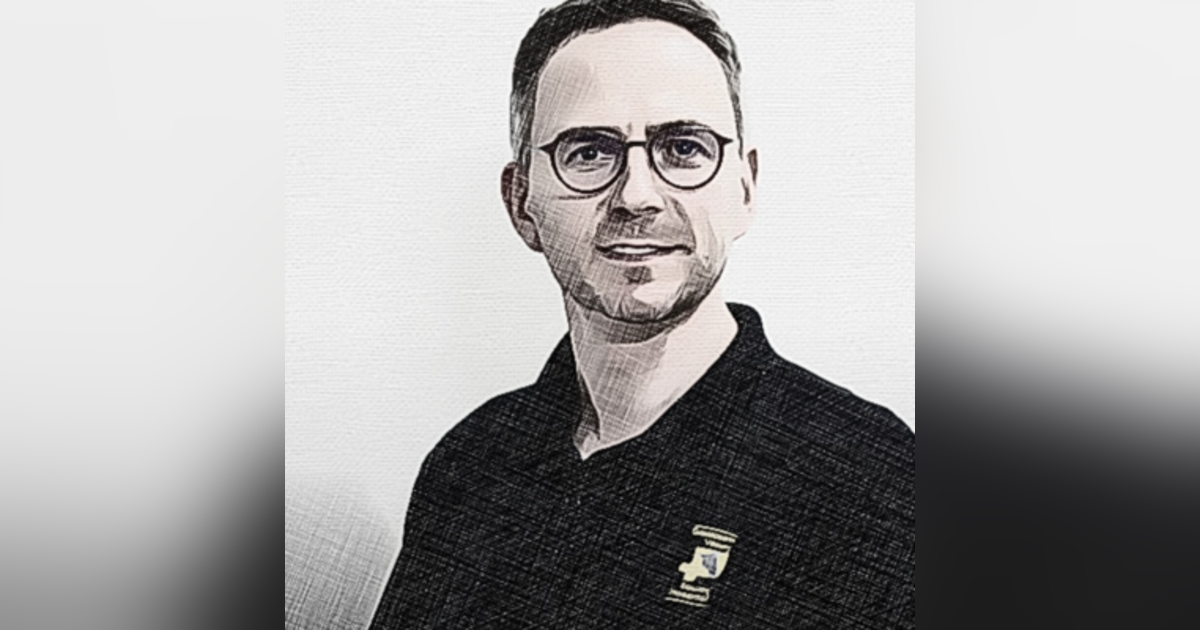#85: Reality minus expectations, and a guide on how not to screw over your colleagues. With Dr Denis Verwilghen

How nice are you to your fellow veterinarians? It's likely that most of us feel that we're professional and supportive with a high degree of collegiality. But if this is true, then why is it that so many vets have experiences that don't fit with this narrative - feelings of being 'thrown under the bus'?
Dr Denis Verwilghen is boarded in both large animal surgery and equine dentistry. He’s a graduate of the University of Ghent in Belgium and he’s currently the clinical director of Goulburn Valley Equine Hospital. The path between those two points has taken him on a journey across many continents, cultures and institutions and afforded him the opportunity to wear multiple hats within the vet space, and has given him a unique set of insights. And Denis feels that when it comes to collegiality, we can do better.
In this conversation, we explore where and how we fall short when it comes to our working relationships with each other, including some less obvious ways in which we sometimes unintentionally undermine each other. We also talk about career goals vs life goals and the personal cost of chasing these, Denis’s thoughts on making major life decisions, and what he’s learnt about happiness.
Join us at the VECCS Spring Symposium in Port Douglas on 23-26 March for some serious deep dives on all things fluid therapy and critical care, live podcasting, and heaps of fun in the jungles of Far North Queensland.
Go to thevetvault.com for show notes and to check out our guests’ favourite books, podcasts and everything else we talk about in the show.
Get confident in your clinical game with our short and sharp highly practical clinical podcasts at vvn.supercast.com.
We love to hear from you. If you have a question for us or you’d like to give us some feedback please get in touch via email at thevetvaultpodcast@gmail.com, or just catch up with us on Instagram.
And if you like what you hear then please share the love by clicking on the share button wherever you’re listening and sending a link to someone who you think should hear this.






